Which mulch to use in my garden?
Neal Rich
3 years ago
Featured Answer
Comments (24)
Related Professionals
Harvey Landscape Architects & Landscape Designers · Stoughton Landscape Contractors · Gresham Landscape Contractors · Mercedes Landscape Contractors · South Farmingdale Landscape Contractors · Parker Driveway Installation & Maintenance · West Chester Landscape Architects & Landscape Designers · Peabody Landscape Contractors · Brookside Landscape Contractors · Arlington Landscape Contractors · East Patchogue Landscape Contractors · Fishers Landscape Contractors · Forest Hills Landscape Contractors · Huntington Landscape Contractors · Racine Decks, Patios & Outdoor EnclosuresNeal Rich
3 years agofloral_uk z.8/9 SW UK
3 years agolast modified: 3 years agorhizo_1 (North AL) zone 7
3 years agoNevermore44 - 6a
3 years agogracie01 zone5 SW of Chicago
3 years agolittlebug zone 5 Missouri
3 years agolast modified: 3 years agoNevermore44 - 6a
3 years agofloral_uk z.8/9 SW UK
3 years agoNevermore44 - 6a
3 years agolast modified: 3 years agorandy41_1
3 years agokevin9408
3 years agolast modified: 3 years agoNeal Rich
3 years agoKaty Mckee
3 years agoNeal Rich
3 years agoNeal Rich
3 years agotoxcrusadr
3 years agoarmoured
3 years ago
Related Stories
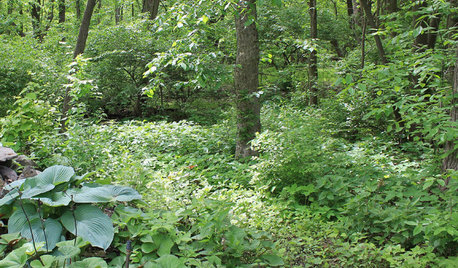
LANDSCAPE DESIGNGarden Overhaul: Which Plants Should Stay, Which Should Go?
Learning how to inventory your plants is the first step in dealing with an overgrown landscape
Full Story
GARDENING GUIDESNew Ways to Think About All That Mulch in the Garden
Before you go making a mountain out of a mulch hill, learn the facts about what your plants and soil really want
Full Story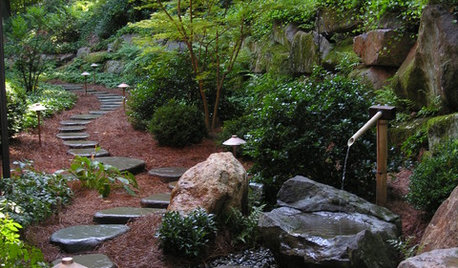
GARDENING GUIDESLowly Mulch Makes Magic in the Garden
Find out why you should be mulching your garden beds and what material is right for your site
Full Story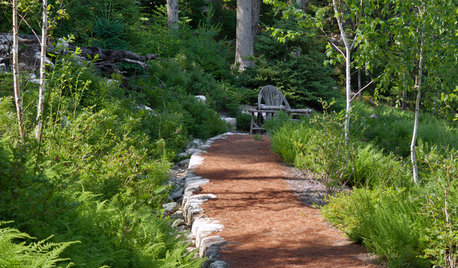
GARDENING GUIDES5 Things to Know About Weeding and Mulching Your Native Garden
What’s the best time to pull weeds? How thick should the mulch be? Here’s the scoop for a healthy landscape
Full Story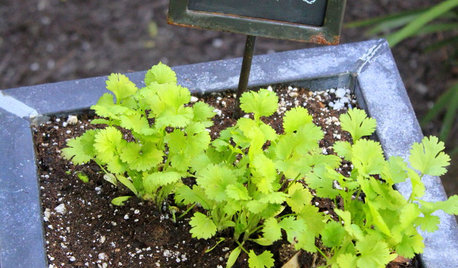
GARDENING GUIDESHerb Garden Essentials: Versatile Cilantro Adds Flavor to Herb Gardens
Love it or hate it, this cool-season herb contributes its unique flavor to any number or the world’s cuisines
Full Story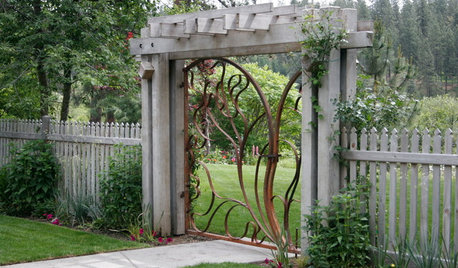
LANDSCAPE DESIGNThe Garden Gate: A Preface to the Story Your Garden Wants to Tell
Setting the tone for your garden starts with the right entry
Full Story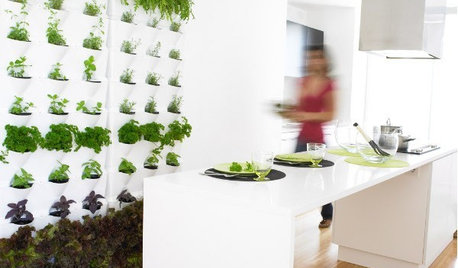
Guest Picks: Herb Gardens for Small Kitchens and Gardens
Up the wall, easily portable or beautifully decorative, these solutions help even the smallest kitchens and balconies get growing
Full Story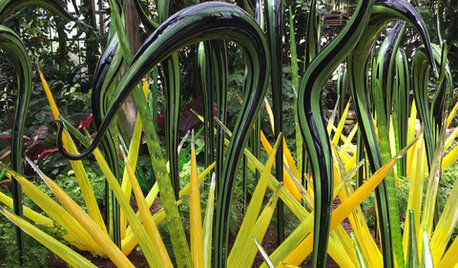
EVENTSSee ‘Chihuly in the Garden’ at the Atlanta Botanical Garden
The glass artist’s work is well-sited to complement and contrast with beautiful plantings. His new installation opens Saturday
Full Story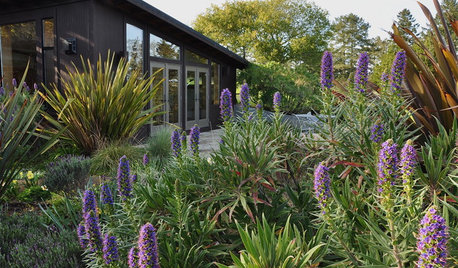
CALIFORNIA GARDENINGCalifornia Gardener’s July Checklist
This month, you’ll find delicious stone fruit to taste, veggies and berries to harvest, and an easy way to save water
Full Story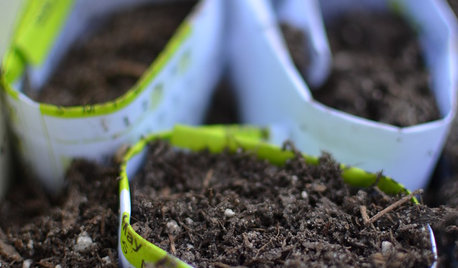
GARDENING GUIDESTexas Gardener's August Garden Checklist
Here's how to help your garden thrive from the hot, dry month of August through fall
Full StoryMore Discussions







gardengal48 (PNW Z8/9)